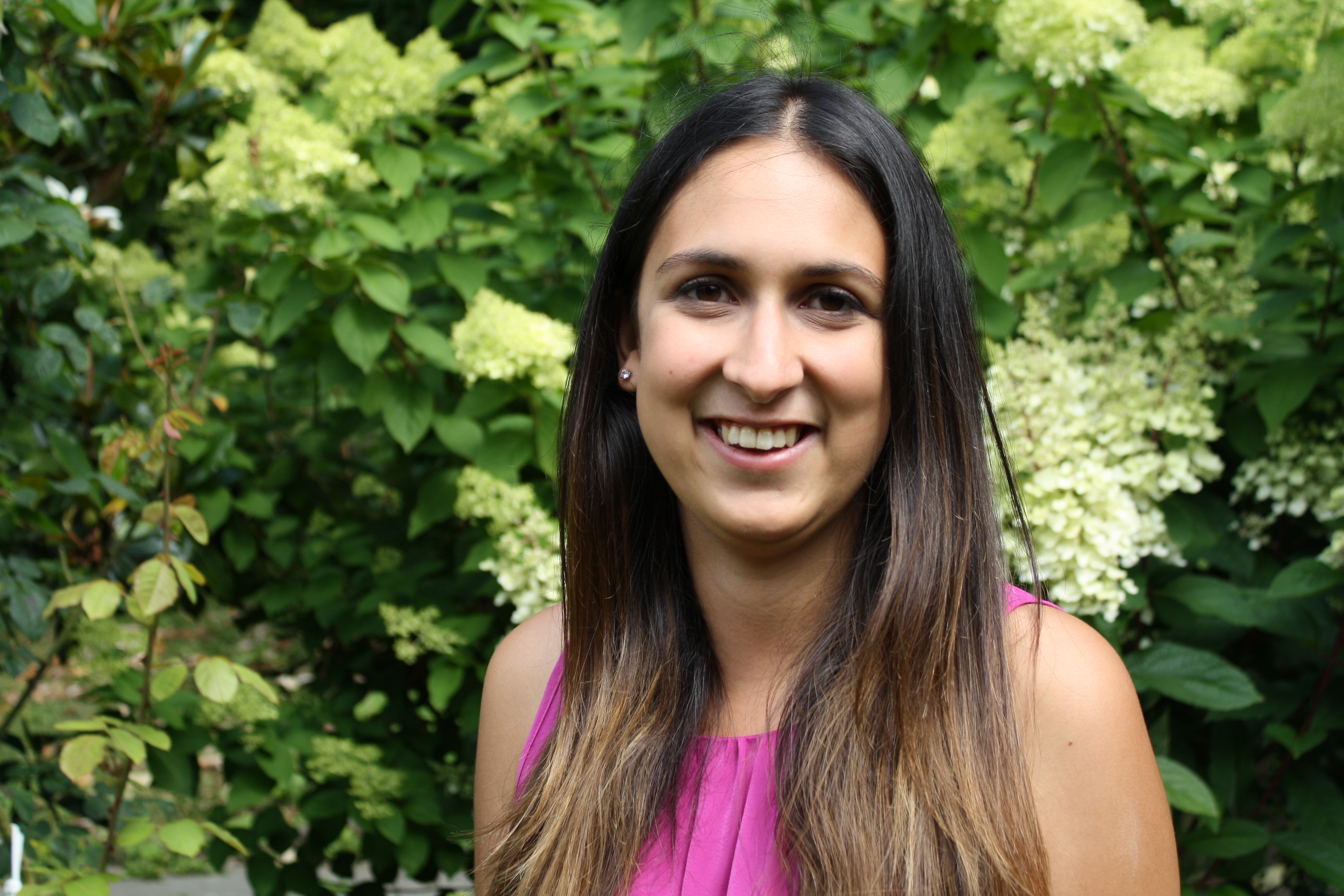Debates around electoral reform don’t seem to ever go away in Canada. At the same time, it’s becoming harder to believe that reform itself will ever materialize.
Over the past couple of years, I’ve been involved in the debate on the federal level, and now in B.C. I read every article published in Canadian newspapers on it. I follow many of the key players and parties on Twitter. I’ve written a few articles myself, and was invited to appear in front of the federal Special Committee on Electoral Reform.
And yet, every time I read something about reform, every time I attend an event on it, I feel out of place. I’m struck by who shows up to these discussions, and by what they inevitably talk about. And more importantly, by how many more people are conspicuously absent.
This was true in the federal government’s failed consultations around electoral reform in 2016. At the start of the process, it was promised that “youth, women, Indigenous persons, those with disabilities and exceptionalities, and those living in remote and rural regions” and other groups who “don’t traditionally engage with the democratic process” would be included in the consultations on reform.
This didn’t happen. Fewer than 33 per cent of the witnesses who appeared in front of the Special Committee on Electoral Reform were women. Only 35 per cent of respondents to mydemocracy.ca — the government’s attempt at an online consultation — were women. Youth, Indigenous persons and people from rural areas were also underrepresented in the consultation process.
A poll conducted during the consultation period found that only one in five Canadians even knew the process was going on. And those who were paying attention were “older, more educated, more affluent, men.”
The B.C. government hasn’t yet launched it’s official consultation on reform. Yet the discussion is already ongoing in the public sphere. And things don’t look promising.
Just look at the Vancouver Sun, the most circulated paper in the Metro Vancouver area. Since the BC NDP formed government in May, the outlet has published nine op-eds on electoral reform. Of these nine, only two were authored by women, and one had two female co-authors from a group of three
Now take a look at the advocacy groups that are forming around this issue. YES PR BC has nine members, only three of them are women.
And it’s even more abysmal when we look at people of colour, Indigenous persons and youth. Scroll through the websites of the advocacy groups, through the op-ed pages, and again notice who’s left out.
There’s an irony around all of this. The discussion around electoral reform is ultimately a discussion about what kind of democracy we want to live in. What kind of values we prioritize. What kind of representation we want. And what kind of future we look toward.
And yet this discussion is being held exclusively by the usual players — older, more educated, more affluent, men. Who seem primarily interested in talking about “false majorities,” “vote splitting,” “strategic voting,” “district magnitudes.” And then wonder why these issues don’t resonate with Canadians outside of their bubble.
Electoral systems impact so much more than just “strategic voting.” Electoral reform can influence what parties form, and what policies they adopt, and whom those policies assist. It can impact which candidates end up running, and who ends up forming government. And again, what policies this government adopts and whom these policies aid.
If more diverse people and perspectives were included in the debate, I’m sure we’d be talking about these aspects of reform. And maybe we’d be talking more about how proportional representation can increase the number of women elected. How it can be used to ensure Indigenous representation. How it can increase voter turnout and voters’ belief in their political efficacy.
Or maybe we’d hear that electoral reform really isn’t the best solution to these fundamental problems. That other measures need to be implemented instead. Or that an overhaul to the system also needs to be accompanied with other policies that will directly address these issues. And then it would be our responsibility to take that seriously.
If electoral reform advocates are really interested in improving the quality of representation and democracy in Canada, they need to be open to advocating for policies besides their pet systems. It always struck me as bizarre that advocates who claim to support PR because of its potential to increase women’s political representation are silent on other measures that would do the same.
Ultimately, we need to hear from those who have been excluded and marginalized in this debate and in our society. The B.C. government should keep this priority front and centre as it devises a consultation plan in the next couple of weeks. Advocates for and against reform also need to keep this in mind and commit to doing better. Those who don’t are belying their commitment to advocating for a better democracy and representation. And both sides need to take the perspectives of the underrepresented very seriously, and be willing to change their prescriptions accordingly.
Maybe if this discussion became more inclusive, and became more rooted in the real problems of Canadians who are fighting to be heard and represented, we could stop having endless debates about the same thing. And reform and representation could actually materialize. ![]()
Read more: BC Politics















Tyee Commenting Guidelines
Comments that violate guidelines risk being deleted, and violations may result in a temporary or permanent user ban. Maintain the spirit of good conversation to stay in the discussion.
*Please note The Tyee is not a forum for spreading misinformation about COVID-19, denying its existence or minimizing its risk to public health.
Do:
Do not: